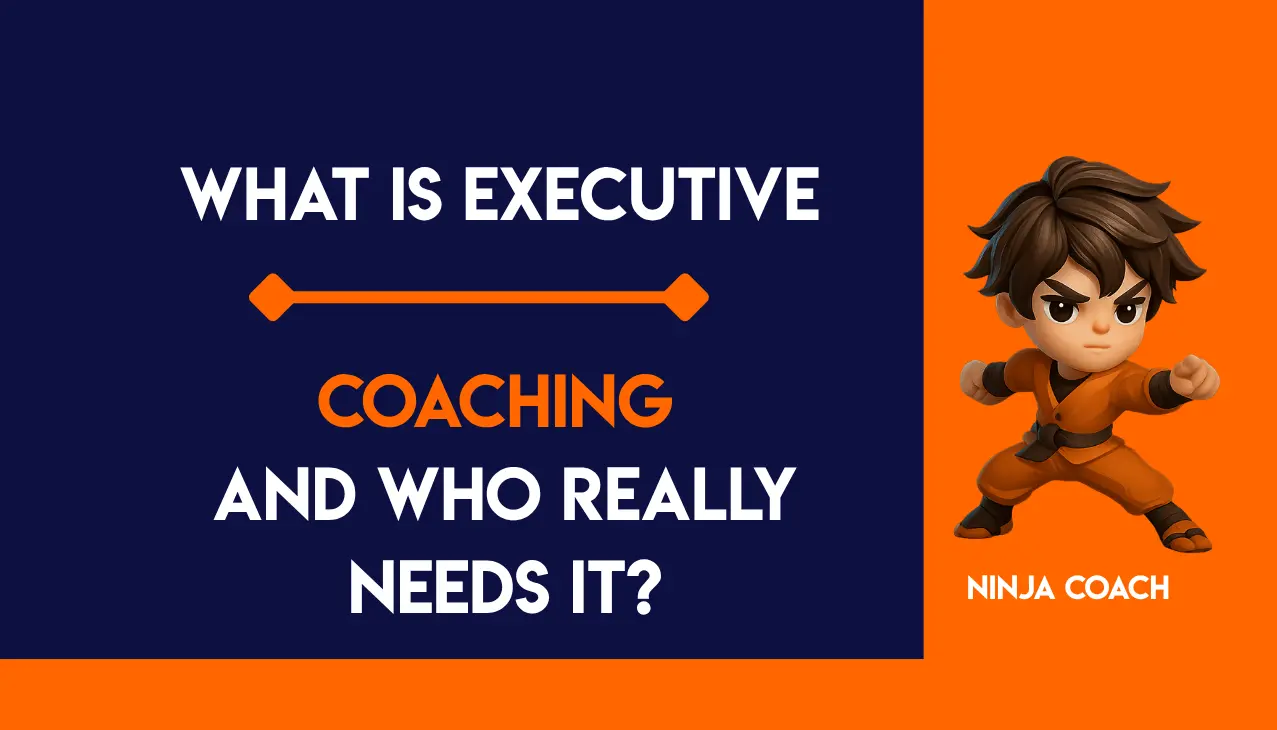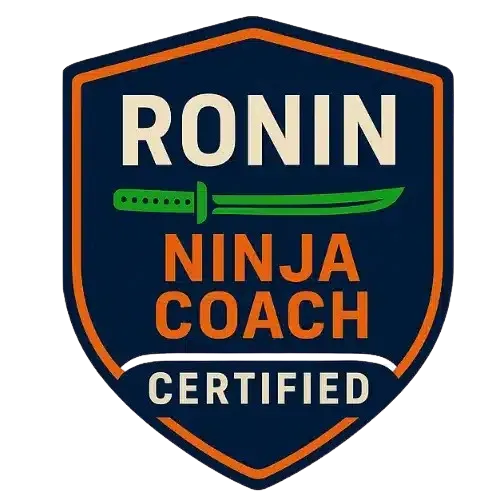
What Is Executive Coaching and Who Really Needs It?
Introduction
In today’s rapidly evolving business world, leaders are under more pressure than ever before. They’re expected to drive performance, navigate uncertainty, and lead with vision. However, even top-level executives need guidance to stay on track. That’s where executive coaching comes in.
In this blog, you’ll find executive coaching explained in clear, practical terms. We’ll dive into what it really is, how it works, and most importantly—who it’s for. Whether you’re a business owner, HR leader, or executive yourself, understanding the value of coaching could transform your leadership strategy.
What Is Executive Coaching?
Executive coaching is a personalized, goal-oriented development process designed for senior leaders, C-level executives, directors, and entrepreneurs. Unlike training programs, executive coaching is not one-size-fits-all. It is a tailored approach that focuses on real-time challenges, decision-making, emotional intelligence, and leadership effectiveness.
Key Features of Executive Coaching
- Confidential 1-on-1 sessions
- Focus on performance, mindset, and leadership impact
- Goal-oriented with measurable outcomes
- Lasts several months, with regular progress reviews
- Can include 360-degree feedback and personality assessments
Coaches don’t tell you what to do. Instead, they ask the right questions to help you think differently, act confidently, and lead more effectively.
How Does Executive Coaching Work?
The coaching process usually begins with a discovery session. During this phase, the coach works with the executive to identify goals, challenges, and success metrics.
From there, sessions are scheduled weekly or bi-weekly. Some coaches also observe leaders in meetings or team environments to provide real-time feedback.
Coaching topics often include:
- Improving communication and influence
- Handling stress and pressure
- Leading through change
- Conflict resolution
- Strategic thinking and innovation
- Work-life balance and energy management
For example:
An executive struggling with delegation may learn how to empower their team, rather than micromanage. Over time, this leads to higher productivity and team trust.
Why Is Executive Coaching So Effective?
What makes coaching so powerful is its custom nature. Unlike generic seminars, executive coaching adapts to your leadership style, role, and company culture.
Furthermore, it offers accountability. When someone holds you to your own goals, your chances of success increase significantly. Many executives also appreciate having a confidential, non-judgmental space to reflect, vent, or brainstorm.
According to research:
86% of companies that invested in executive coaching saw a positive ROI — sometimes as high as 7x the investment.
This isn’t just personal growth—it’s business growth.
Who Really Needs Executive Coaching?
You might be wondering: is executive coaching only for CEOs? The answer is no. While C-suite leaders are common clients, many others can benefit too.
Ideal Candidates for Executive Coaching
- Newly Promoted Executives
They need help transitioning into higher leadership roles. - Business Owners & Entrepreneurs
Especially those scaling operations and leading teams. - Directors or Senior Managers
Who lead large teams and deal with cross-functional decisions. - High-Potential Employees
Identified as future leaders, preparing for promotion. - Struggling Leaders
Who need support improving performance, communication, or confidence.
In short, anyone who makes high-stakes decisions or influences company direction can benefit from coaching.
What Results Can You Expect?
Executive coaching doesn’t deliver overnight miracles, but it does deliver long-term impact. With consistent effort and the right coach, most clients report:
- Improved clarity and focus
- More effective leadership communication
- Stronger executive presence
- Increased confidence in decision-making
- Better relationships with teams and stakeholders
Example outcome:
A director who once avoided confrontation might become someone who leads tough conversations with calm and clarity boosting both morale and results.
Final Thoughts
Now that you’ve had executive coaching explained, you can see why it’s more than a business trend—it’s a necessity for today’s leaders. Whether you’re managing a fast-growing team, making complex decisions, or simply want to evolve as a leader, executive coaching offers the clarity and confidence you need.
Curious how it could work for you? Explore our Executive Coaching programs and book a discovery call today.











